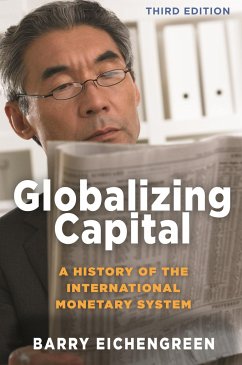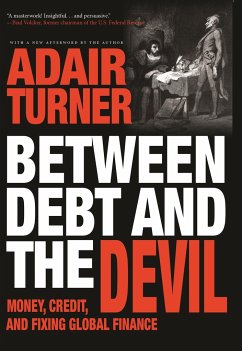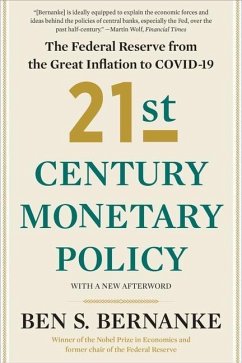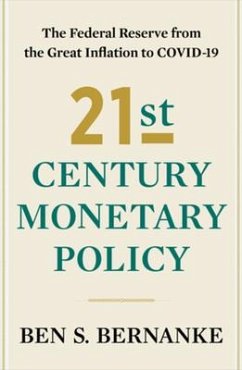
The Truth About Inflation
Versandkostenfrei!
Versandfertig in 6-10 Tagen
32,99 €
inkl. MwSt.
Weitere Ausgaben:

PAYBACK Punkte
16 °P sammeln!
Inflation is a simple topic, in that the basic concepts are something that everyone can understand. However, inflation is not a simplistic topic. The composition of inflation and what the different inflation measures try to represent cannot be summarised with a single line on a chart or a casual reference to a solitary data point. Investors very often fail to understand the detail behind inflation, and end up making bad investment decisions as a result.The Truth About Inflation does not set out to forecast inflation, but to help improve its understanding, so that investors can make better deci...
Inflation is a simple topic, in that the basic concepts are something that everyone can understand. However, inflation is not a simplistic topic. The composition of inflation and what the different inflation measures try to represent cannot be summarised with a single line on a chart or a casual reference to a solitary data point. Investors very often fail to understand the detail behind inflation, and end up making bad investment decisions as a result.
The Truth About Inflation does not set out to forecast inflation, but to help improve its understanding, so that investors can make better decisions to achieve the real returns that they need. Starting with a summary of long history of inflation, the drivers of price change are considered. Many of the "urban myths" that have built up about inflation are shown to be a consequence of irrational judgement or political scaremongering. Some behaviour, like the unhealthy veneration of gold as a means of inflation protection, is shown to be the result of historical accident. In the modern era of lower nominal investment returns, inflation inequality (whereby some groups experience persistently higher inflation than others) is a very important consideration.
This book sets out the realities of price changes in the modern investing environment, without using economic equations or jargon. It gives investors the framework they need to think about inflation and how to protect themselves against it, whether the aggregate inflation of the future rises or falls from current levels.
The Truth About Inflation does not set out to forecast inflation, but to help improve its understanding, so that investors can make better decisions to achieve the real returns that they need. Starting with a summary of long history of inflation, the drivers of price change are considered. Many of the "urban myths" that have built up about inflation are shown to be a consequence of irrational judgement or political scaremongering. Some behaviour, like the unhealthy veneration of gold as a means of inflation protection, is shown to be the result of historical accident. In the modern era of lower nominal investment returns, inflation inequality (whereby some groups experience persistently higher inflation than others) is a very important consideration.
This book sets out the realities of price changes in the modern investing environment, without using economic equations or jargon. It gives investors the framework they need to think about inflation and how to protect themselves against it, whether the aggregate inflation of the future rises or falls from current levels.













